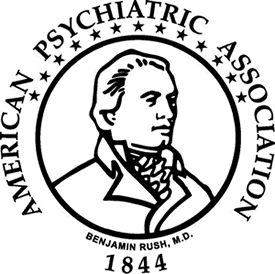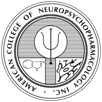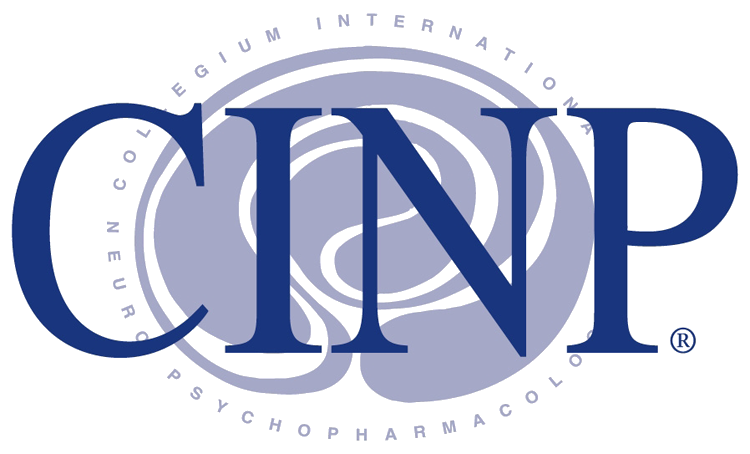Postpartum Depression
The birth of a child is a life-changing event, accompanied by a range of intense emotions–immense joy, overflowing love, as well as both fear and hope. But a new baby can also trigger mild to severe depression.
After childbirth, many new mothers experience “baby blues”, a collection of symptoms that includes mood swings, sadness, crying spells, anxiety and sleep disorders. But some new mothers experience more debilitating condition, a clinical depression known as postpartum depression (PPD).
Symptoms of Postpartum Depression
Unlike baby blues–which lasts a few days to a week after giving birth–postpartum depression is more severe and persists for a longer period of time. In addition, symptoms of postpartum depression may not be develop for up to 6 months after birth.. Although the symptoms typically arise within the first few weeks after giving birth, the onset of postpartum depression can vary. If left untreated, postpartum depression may last for several months or longer.
Symptoms of postpartum depression may include:
- Intense mood swings, including irritability and anger
- Excessive crying and low mood
- Fatigue and lack of energy
- Feeling overwhelmed and/or inadequate
- Problems bonding with your baby
- Social withdrawal and/or loss of interest in activities you normally enjoy
- Sleep disturbances (insomnia or sleeping too much)
- Changes in eating patterns (loss of appetite or overeating)
- Anxiety and panic attacks
- Inability to concentrate and feeling foggy
- Suicidal ideation
Causes of Postpartum Depression
Postpartum depression is attributed to the hormonal fluctuations that accompany childbirth, miscarriage, and stillbirth. Women with certain risk factors may be more susceptible to the condition. Risk factors include:
- A personal or family history of depression or bipolar disorder
- Previous premenstrual dysphoric disorder (PMDD)
- Stress (often related to financial or family problems)
- An inadequate support network
Treatment Options for Postpartum Depression
If you are experiencing postpartum depression, Dr. Ronald R. Fieve, MD, and his associates specialize in mood disorders, emphasizes that prompt treatment can help you manage your symptoms.
- Counseling and therapy. Individuals and couples can benefit from the emotional support that therapy offers.
- Antidepressants. Pharmacological intervention can help relieve symptoms.
For those with more severe symptoms, it is recommended that counseling and therapy be combined with antidepressant treatment.
It is important to remember that postpartum depression is not a sign of weakness. If at any point you feel suicidal, seek help immediately. Reach out to a family member, a trusted friend, and/or a mental health specialist. Support and help is available.
Postpartum Depression Treatment with Dr. Fieve, New York City
If you or someone you know is suffering from postpartum depression, contact the Fieve Depression Center to schedule your confidential consultation today. Our team of New York licensed mental health professionals–including psychiatrists, psychotherapists and nurse practitioners– can provide professional and comprehensive care so that patients can lead a productive and healthy life.
















